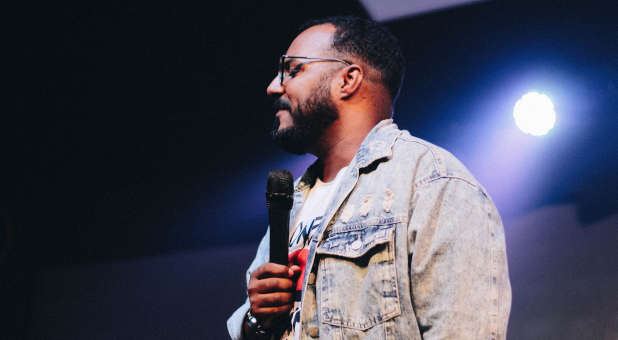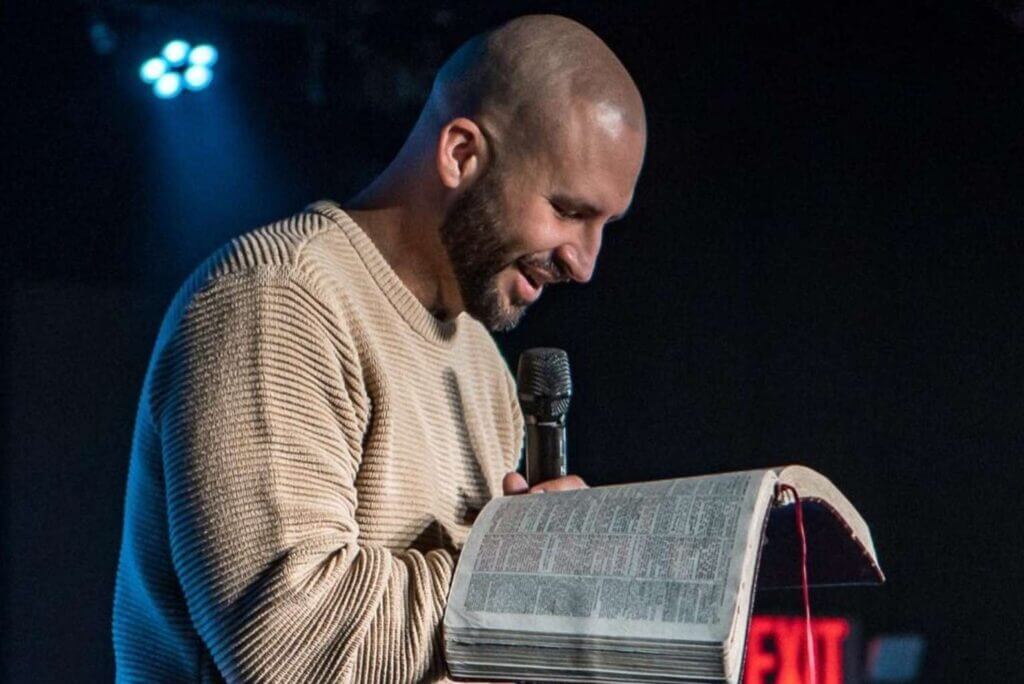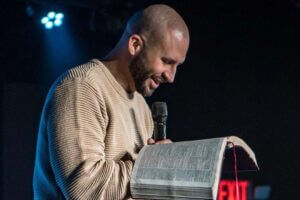February is Black History Month and, to continue learning about the establishing, evolution and culture of the Black church, I spoke with African American Christian leaders and educators to guide us through the history of the Black church and the critical purpose it serves as part of the full kingdom.
Our American history is rarely told from the perspective of African Americans because it can be an uncomfortable narrative for the majority population in our nation to hear and understand. But when we highlight one part of the church, it sheds more light on the whole church.
I spoke with Dr. Anthea Butler, the associate professor of religious studies and Africana studies at the University of Pennsylvania. She’s frequently involved in important discussions on religion, race, politics and popular culture. Dr. Butler provided an overview of the origins of the Black church from the time Africans were enslaved and brought to the Americas up to emancipation, painting a clear picture of the early defining moments of the Black church.
Enslavement of Africans in the Americas
The Age of Discovery occurred during the early modern period as European nations voyaged around the world in exploration. This era encompassed the trans-Atlantic slave trade, which is responsible for the introduction of African enslavement in the Americas: the Caribbean, Mexico and the United States. In 1619, the first Africans were sold in the English settlement of Jamestown, Virginia, beginning slavery in the colonies.
Christianity was prominent in the colonies because many settlers arrived with beliefs they learned about and developed through the Church of England. The exploitation of enslaved Africans was deemed permissible by Christians because of their mindset about the Catholic faith. They believed that if Africans were not willing to convert to Catholicism, then they were not considered worthy of their humanity and freedom.
Africans were ripped from their homes, their unique culture and different faith backgrounds and sent to a life as enslaved people with little tolerance about attending church or gathering for fellowship. They were not provided with religious materials because slave owners did not believe it would be beneficial for them to learn how to read. Yet, they formed a faith culture based on spoken language and memorization. This was the foundational structure of the African community coming together for Christian worship that eventually lead to the establishment of what we call the Black church. This beginning still influences the Black church’s desire for deep interpersonal connection, a thread of hope through trial and a community of support for spiritual, physical and emotional needs.
Establishment of the Black Church
A major impact on the formation of the Black church took place during the early 19th century through the Second Great Awakening. This was a religious revival in America brought on by widespread preaching and many reform movements that unified citizens and significantly boosted church growth. The awakening was a comforting movement in the midst of the concerning socio-political changes going on, and it brought a number of converts to new Protestant denominations. Slaveholders and enslaved Africans in the South attended sermons during this time period, predominantly preached by Baptist and Methodist pastors.
Richard Allen and Absalom Jones became influential authority figures for the Black church when they organized the Free African Society of Philadelphia, which eventually split into two historical congregations, the African Methodist Episcopal Church and St. Thomas Episcopal Church in Philadelphia, Pennsylvania. These were some of the first physical churches designated for free and enslaved Africans. The congregations welcomed Africans as members and pastors, and their attendance numbers steadily increased as they became more well-known. The success and popularity of Black churches in Philadelphia inspired a multitude of other locations to be constructed.
Emancipation of the Black Church
Once the Black church became officially established in the United States, it began to craft its identity in numerous communities, but it was not entirely widespread and accepted for quite a long time. The invisible institution remained prevalent across the country in areas with no organized church option available, so they were quietly meeting in secluded places to share their experiences. They also discussed what they heard happening in white churches, whether it be biblical stories, baptisms or sermons by white preachers. These gatherings were equally as important to the formation of the Black church because they set the precedent for how information would be circulated in future physical churches. It also set a culture of deep connection between attendees since these meetings were a private, small group of people deeply dedicated to growing their faith.
Although a lot of progress was transpiring, enslaved preachers were still common at this point in history. They would join the secretive meetings to preach, and some would choose to recite specific Scripture from the Holy Bible to reinforce and justify slavery. These enslaved preachers spoke about how slaves should be obedient to their masters and would frequently tell the liberation story of Moses freeing the Israelites because it was relatable and hopeful to their situation. The enslaved Africans were able to turn these bible stories into inspirational and hope-filled songs and begin to truly have faith in the gospel even though their perspective was drastically different from most white believers.
This was the backbone of Black life since education institutions were still not accessible to them. They used the church as a way to disseminate information and begin to have conversations about their freedom. The role of the Black church today is similar in how it provides an opportunity for African Americans to connect and uplift each other, offer assistance, as well as ensure a safe place to feel validated in their experiences.
At Vanderbloemen, we value constant improvement and invite you to walk alongside us as we learn more about how to better love and serve the whole church. Be sure to check out our first episode and the full podcast episode with Dr. Butler. Stay tuned as we release a new episode in our History and Evolution of The Black Church series each week throughout the month of February. {eoa}
Chantel McHenry is the director of special initiatives and operations at Vanderbloemen, which serves teams with a greater purpose by aligning their people solutions for growth: hiring, compensation, succession and culture. Through its retained executive search and consulting services, Vanderbloemen serves churches, schools, nonprofits, family offices and Christian businesses in all parts of the United States and internationally.
Read articles like this one and other Spirit-led content in our new platform, CHARISMA PLUS.
See an error in this article?
To contact us or to submit an article




















